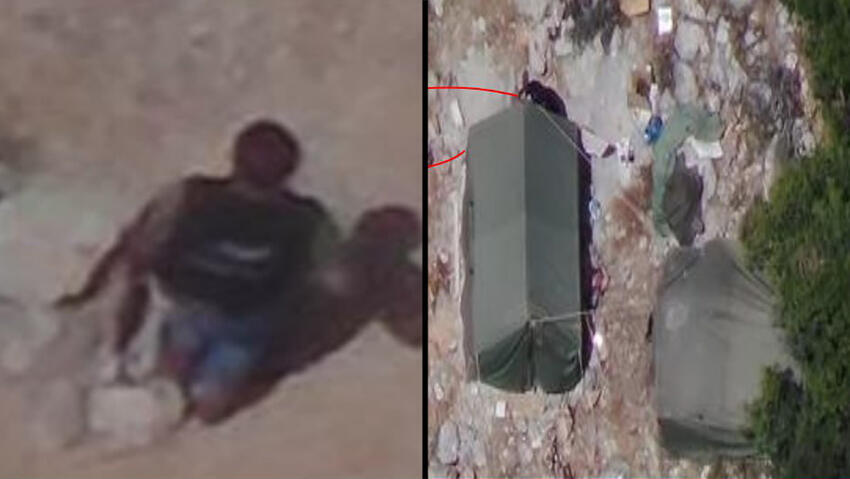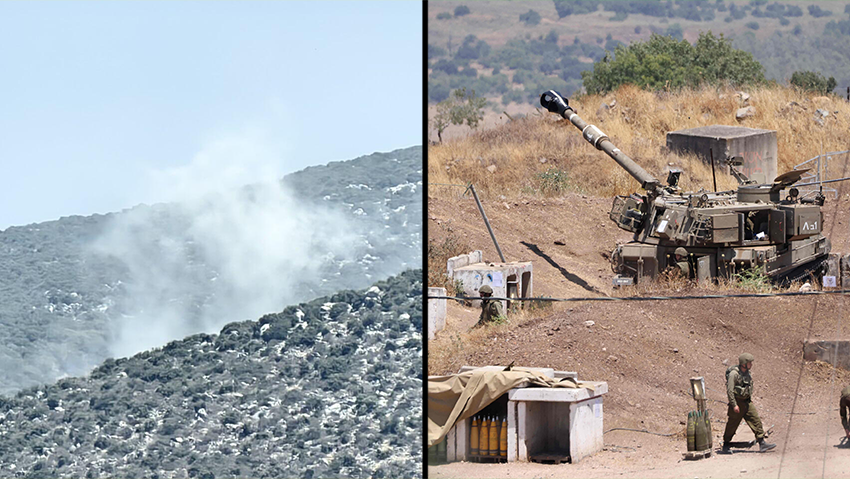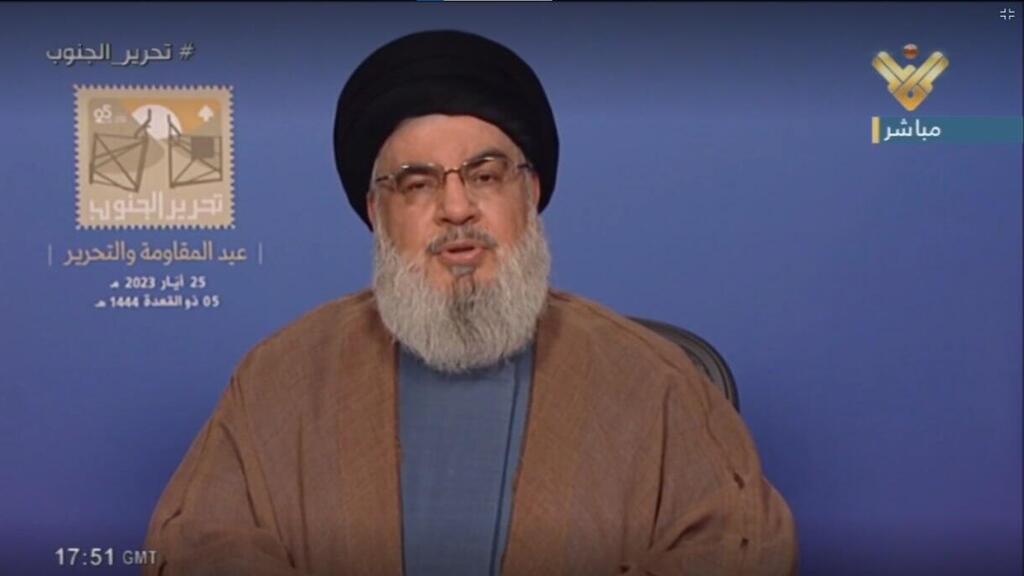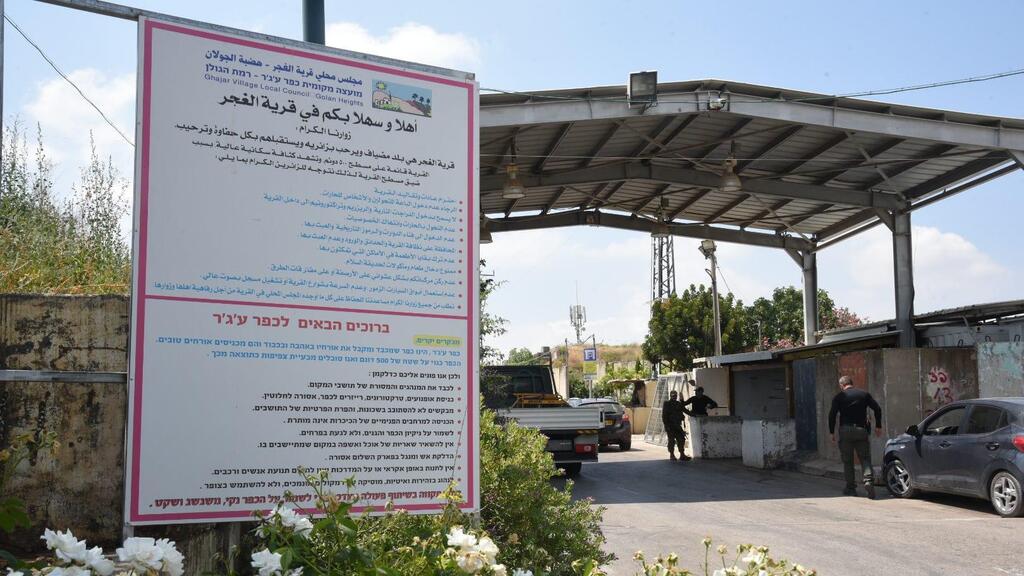As senior intelligence officials presented their annual assessment, indicating an increased likelihood of war, they cited three main reasons: First, what is perceived by Iran and Hezbollah as a weakening American presence in the region and a significant decrease in engagement; Second, the crisis between Washington and Jerusalem highlights the strained relationship between President Joe Biden and Prime Minister Benjamin Netanyahu; And third, the severe internal rift within Israeli society that has also affected the Israel Defense Forces.
Read more:
In the past few days, we have witnessed the escalation of concerns in two of those three points, reminiscent of the atmosphere prior to the attempted ousting of Defense Minister Yoav Gallant in March. From the American perspective, attention should be paid to the remarkable interview President Joe Biden gave to CNN over the weekend, in which he stated that "this is the most extreme government I have seen since the days of Golda Meir," and evaded the question of whether he would invite Netanyahu for a visit soon.
It is crucial to understand that a visit by an Israeli prime minister to the White House is not merely a matter of pomp and circumstance and photo ops, or even an update on the visa waiver saga. There are strategic and weighty issues at stake, and the tension between the two leaders directly affects national security.
In the area regarding the internal crisis, we are witnessing a renewed wave of protests, which has only just begun. In the coming days, large-scale demonstrations are expected, accompanied by renewed calls for reservists to not report for reserve duty.
Currently, the IDF has not reported any actual refusal to serve, only media reports. Nonetheless, IDF Chief of Staff Lt.-Gen. Herzi Halevi deemed it necessary to make clear and important statements regarding both the security situation and the calls for insubordination. "These days require us to focus on the security mission and the supportive cohesion so that we are prepared for any challenge and in any arena. In the current reality, we do not have the luxury of not facing every challenge and task," he said.
It is doubtful whether anyone in the entire Middle East is happier about these developments than Hezbollah leader Hassan Nasrallah, who has become the number two figure on the ladder of evil, following Iran's Supreme Leader Ayatollah Ali Khamenei.
On Wednesday, Nasrallah is expected to deliver a special speech marking the 17th anniversary of the Second Lebanon War, where he is, as usual, expected to provoke Israel and launch verbal attacks against it. However, lately, he has not settled for speeches alone. This year, he has altered his entire deployment along the Israeli border to the extent that northern authorities are paying attention to how Hezbollah fighters are now closer than ever, closer than they have been since 2006.
Public figures in northern Israel have been shouting about this for a long time, but there is no one really listening to them. Meanwhile, Hezbollah repeatedly violates international understandings and, recently, even endangered the lives of residents in Metullah with explosive sounds and laser-guided dazzle.
What is even more severe is the growing audacity in local operations, which demonstrate the erosion of Israeli deterrence. This includes infiltrating the Gladiola outpost, firing an anti-tank missile toward IDF vehicles near Avivim, to the very troubling infiltration of a terrorist who reached the Megiddo Junction.
4 View gallery


A Hezbollah operative was spotted in the organization's tent on the Israeli side of the border with Lebanon, in the Mount Dov area
There are questions without answers
Of course, there is also the issue of establishing tents on Israeli territory. This case is accompanied by a highly problematic decision not to remove the tent immediately. What should have been resolved at the military level has been rolled over to the political level, namely the defense minister and the prime minister, and dragged on for months. Why? And why didn't Netanyahu and Gallant give immediate instruction to evacuate (including a reprimand to the IDF for not doing it so far)? These questions have no good answers.
And now the situation has become even more complicated: Even if the rocket firing incident was carried out by a party other than Hezbollah, there is no chance that Nasrallah did not give it the green light. Nasrallah made it clear as early as Thursday that he demands Israel cancel the "occupation" of the village of Ghajar, according to their claim, including canceling the possibility of allowing a large number of Israelis to enter the village, which has become a tourist attraction. Nasrallah's threat is that if Israel "violates" the understandings in Ghajar, then Hezbollah is also allowed to do so in Mount Dov and other areas.
The shooting incident is the organization's signal: You will restore the barrier in Ghajar, and we will withdraw the tents. Naturally and understandably, Israel opposes this, and it would be a dignified submission if this stance were to change. Therefore, the discussions currently focus on the question of when and how to evacuate the tents: whether to continue diplomatic contacts or resort to forced evacuation and risk a confrontation.
More and more voices are heard among senior IDF generals, and not those who were unwilling to tolerate provocations in the past, stating that there will be no choice but to confront with limited clashes given the overall developments on the border. And if that clash does not occur around the tent, then it will be another opportunity for Hezbollah to carry out a provocative action that will also succeed.
The conclusion, based on the same factors, is that Israel must take the initiative, with the aim of restoring the border to at least the days of 2006 and clearing it as much as possible of Hezbollah forces. Such forces, during times of war, will pose a significant challenge to the defense of settlements adjacent to the border with heavy shelling and infiltrations. Either way, when the north is so heated up, the smallest spark can ignite the entire region.




